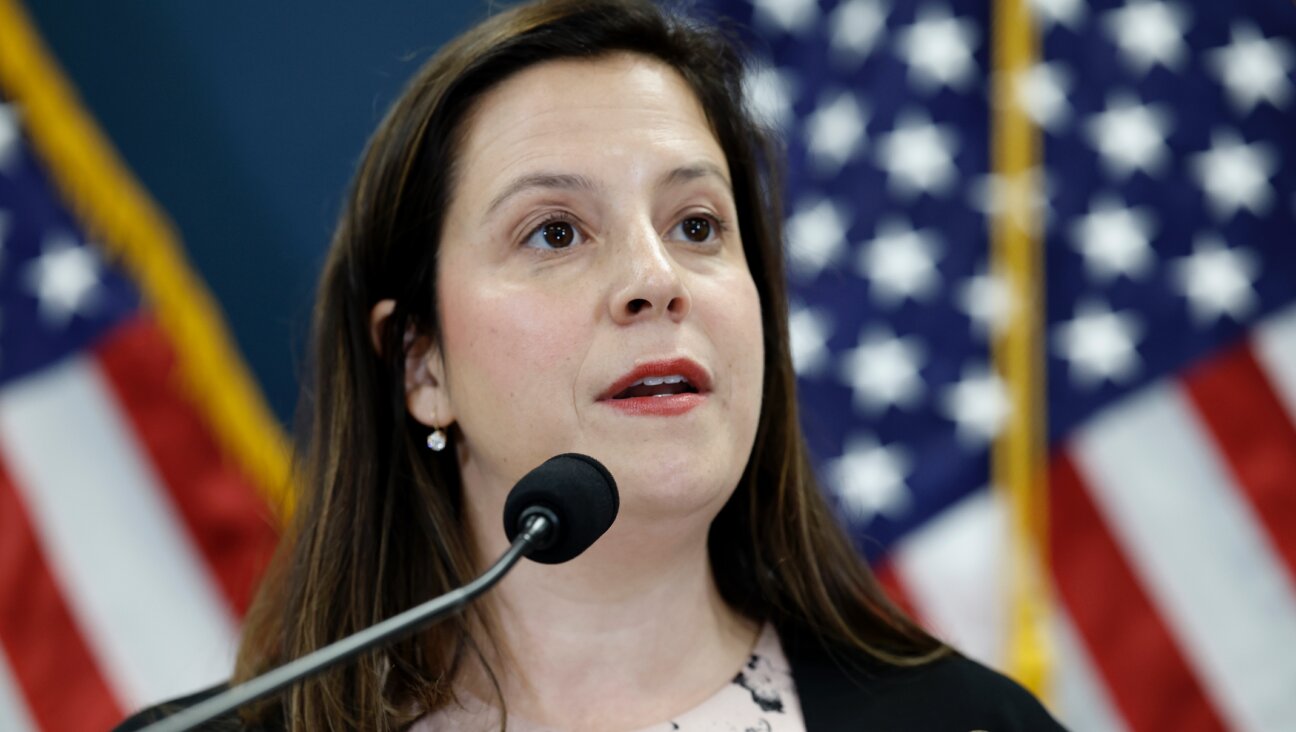Jewish Elderly Care Organizations Slam Republican Health Proposals

Image by Pixabay
WASHINGTON (JTA) — Two Jewish agencies charged with elderly care sharply criticized the new Republican health care bill.
B’nai B’rith International, which sponsors low-income housing for the elderly, and the Jewish Federations of North America, which advocates for funds for the poor and the elderly, took aim changes contained in the American Health Care Act, the bill Republican leaders hope to pass as a replacement for the Affordable Care Act, known as Obamacare.
“Congress and the Trump Administration appear to be moving quickly to pass potentially devastating cuts to Medicaid,” JFNA said in an action alert sent this week to its constituent groups, urging them to lobby Congress against the cuts.
The organization said the cuts “would greatly impact Jewish federation partner agencies that provide health, long-term care and home and community-based care,” noting that federation partner agencies get about $6 billion from Medicaid each year.
Medicaid is the government program that supports health care for the poor. The bill proposes to cap Medicaid funding to each state according to the number of eligible participants at the beginning of the fiscal year. B’nai B’rith and JFNA said such caps would not take into account changes in enrollment numbers and other unexpected health care cost increases.
“Changing any portion of the Medicaid funding to a per capita cap proposal would have a significant negative impact on seniors, because capping federal funding for Medicaid would add an additional layer of pressure to state budgets, and put the health care and financial security of millions of older adults at risk,” B’nai B’rith said in its March 8 statement.
B’nai B’rith also took aim at a component of the bill that would reduce premiums for younger, healthier Americans, citing studies predicting “low-income adults in their 60s could see dramatic increases in premiums.”
A message from our Publisher & CEO Rachel Fishman Feddersen

I hope you appreciated this article. Before you go, I’d like to ask you to please support the Forward’s award-winning, nonprofit journalism so that we can be prepared for whatever news 2025 brings.
At a time when other newsrooms are closing or cutting back, the Forward has removed its paywall and invested additional resources to report on the ground from Israel and around the U.S. on the impact of the war, rising antisemitism and polarized discourse.
Readers like you make it all possible. Support our work by becoming a Forward Member and connect with our journalism and your community.
— Rachel Fishman Feddersen, Publisher and CEO






















